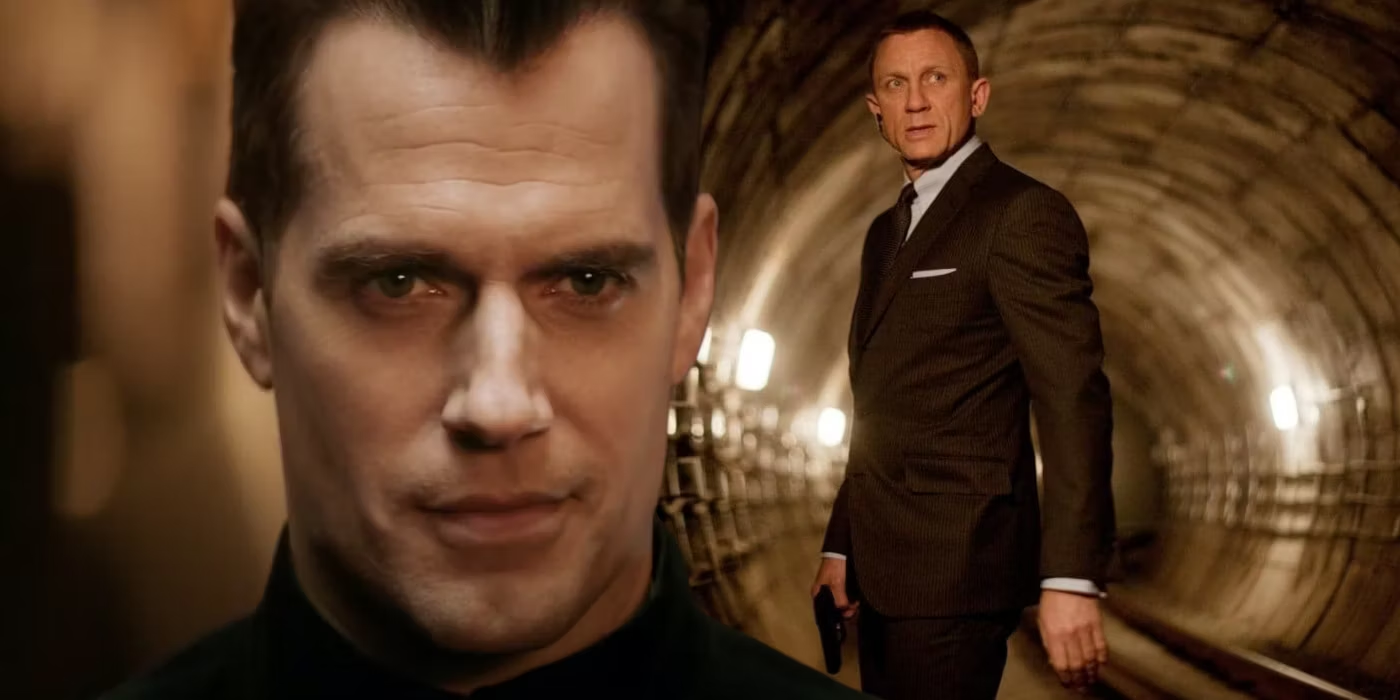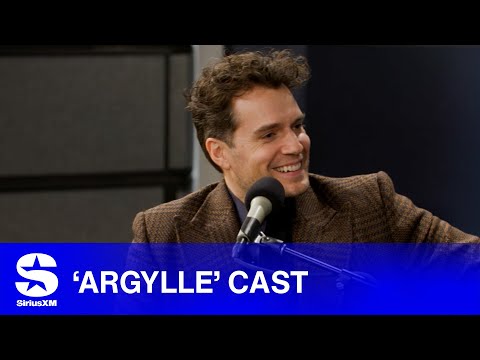In the storied echelons of James Bond portrayals, the rugged charm and stark intensity of Daniel Craig’s interpretation has carved a unique niche. However, before Craig could establish himself as a defining figure of the franchise, skepticism clouded his casting—not for lack of talent, but for something as superficial as his looks. Martin Campbell, the director behind “Casino Royale,” harbored reservations about Craig’s fit for the role, traditionally inhabited by conventionally handsome men.
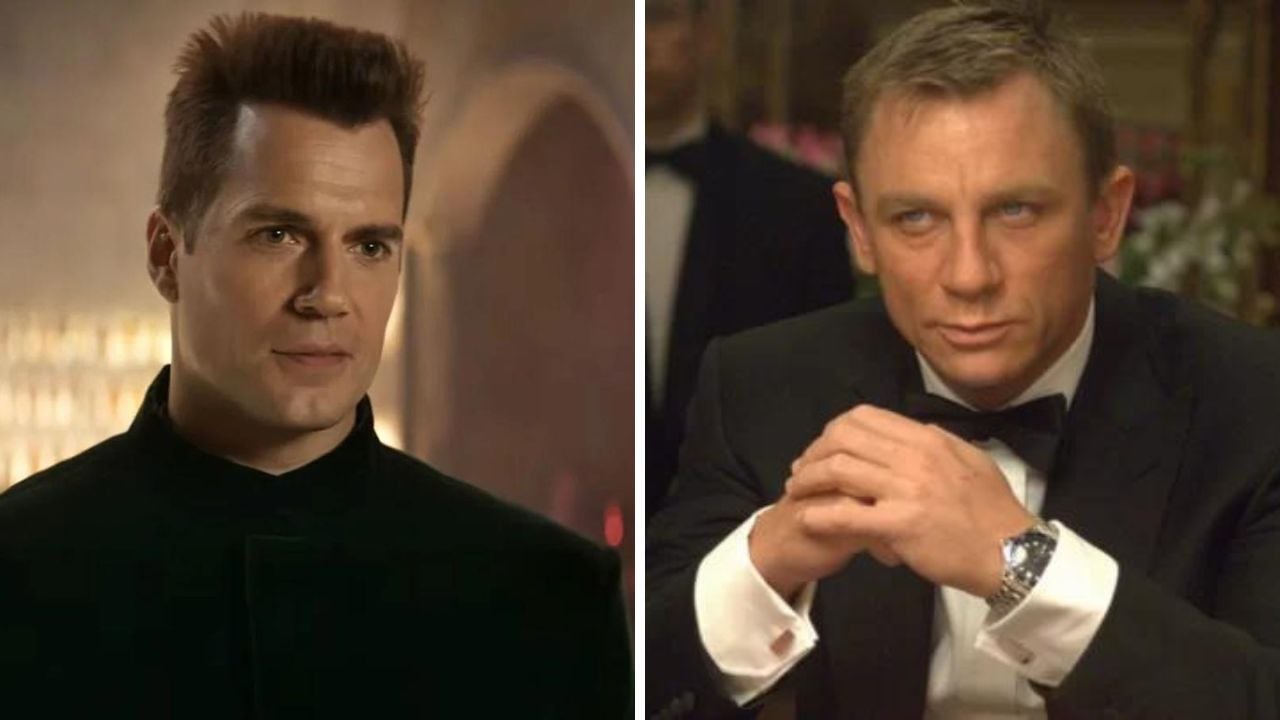
My only reticence with Daniel… he was really a superb actor, there’s no doubt about that… it was the fact that with people like Sean Connery, Roger Moore, and Pierce Brosnan was that they were all traditional looking Bonds. All handsome guys, all sexy, all very attractive to women, and so forth. Daniel was tougher and rugged, but he wasn’t a traditional handsome guy. So I just thought about that for a minute and apart from that, absolutely it was always him,
Campbell explained to Express.
This initial doubt marks a pivotal moment in the evolution of the James Bond character, reflecting a shift from suave aesthetics to a more gritty realism that Craig would emblematically represent. Despite the initial backlash, focusing predominantly on his deviation from the ‘Bond mold,’ Craig’s portrayal in “Casino Royale” not only won over critics but also redefined what it meant to be 007.
Henry Cavill’s Near-Miss with Bond and the Irony of Age
Parallel to Craig’s narrative is the story of Henry Cavill, who was almost selected for the role in “Casino Royale.” Unlike Craig, Cavill’s obstacle was not his appearance but his age. Deemed too youthful at the time, Cavill was passed over, a decision that contrasts sharply with current trends seeking younger actors for the role. Campbell reminisced about Cavill’s audition,
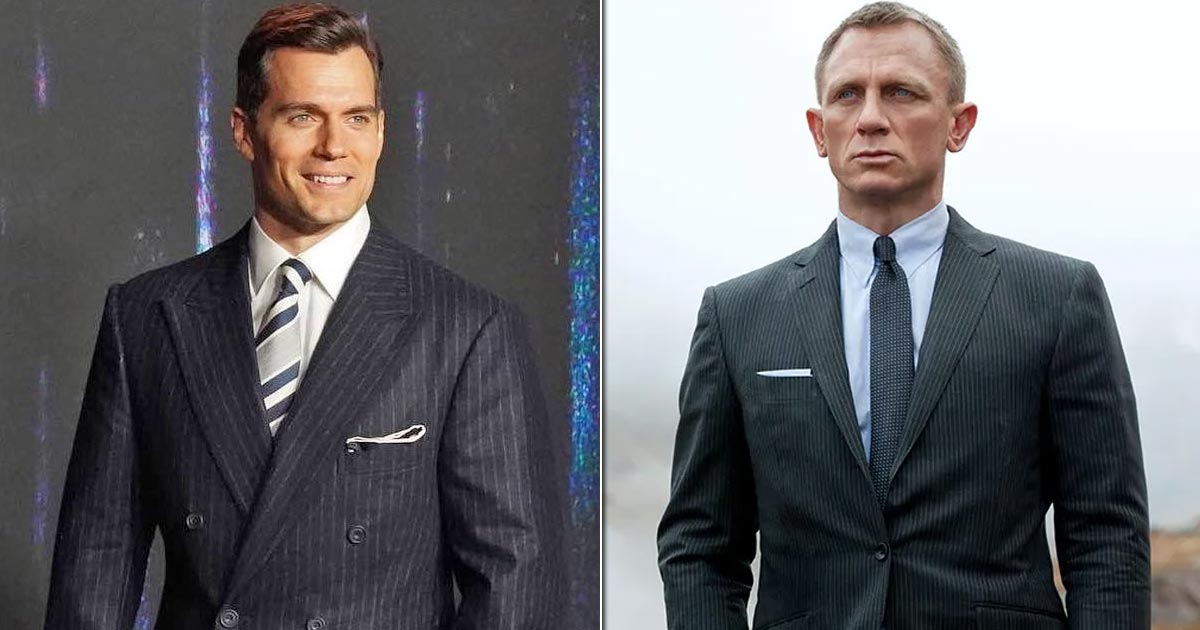
He looked great in the audition. His acting was tremendous… And look, if Daniel didn’t exist, Henry would have made an excellent Bond. He looked terrific, he was in great physical shape…very handsome, very chiseled. He just looked a little young at that time back then.
Today, as discussions about the next James Bond take place, Cavill’s earlier rejection highlights the fluctuating criteria that Bond producers apply to their iconic role. Meanwhile, actors like Aaron Taylor-Johnson are now considered for their youthful appeal, indicating a full-circle moment in casting philosophies.
Legacy and Evolution in the Bond Franchise
The James Bond series has consistently reflected and adapted to the cultural zeitgeist, with each actor bringing a new layer to the sophisticated spy. From Sean Connery’s charismatic beginnings to Pierce Brosnan’s polished charm, and Daniel Craig’s raw intensity, the role of James Bond has evolved significantly, mirroring shifts in societal expectations and cinematic trends.
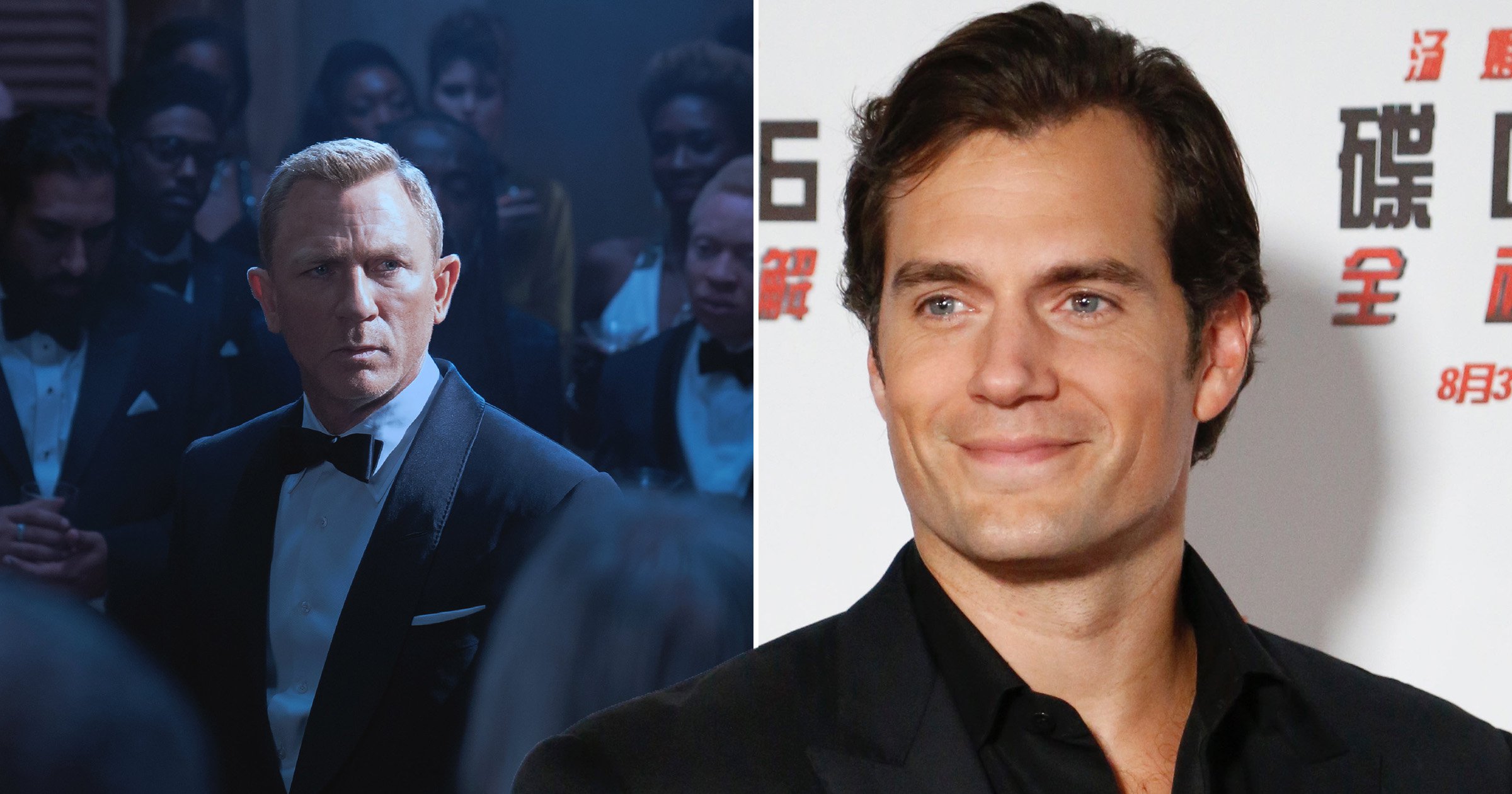
As we anticipate the next chapter in the Bond saga, the legacy of these actors reminds us that the role is more than just a standard of physical beauty—it’s a dynamic character that grows and changes with time, continually captivating audiences around the world. The journey from Craig’s initial controversy to widespread acclaim underscores the enduring appeal of the franchise and its capacity to challenge and redefine heroism in modern cinema.
